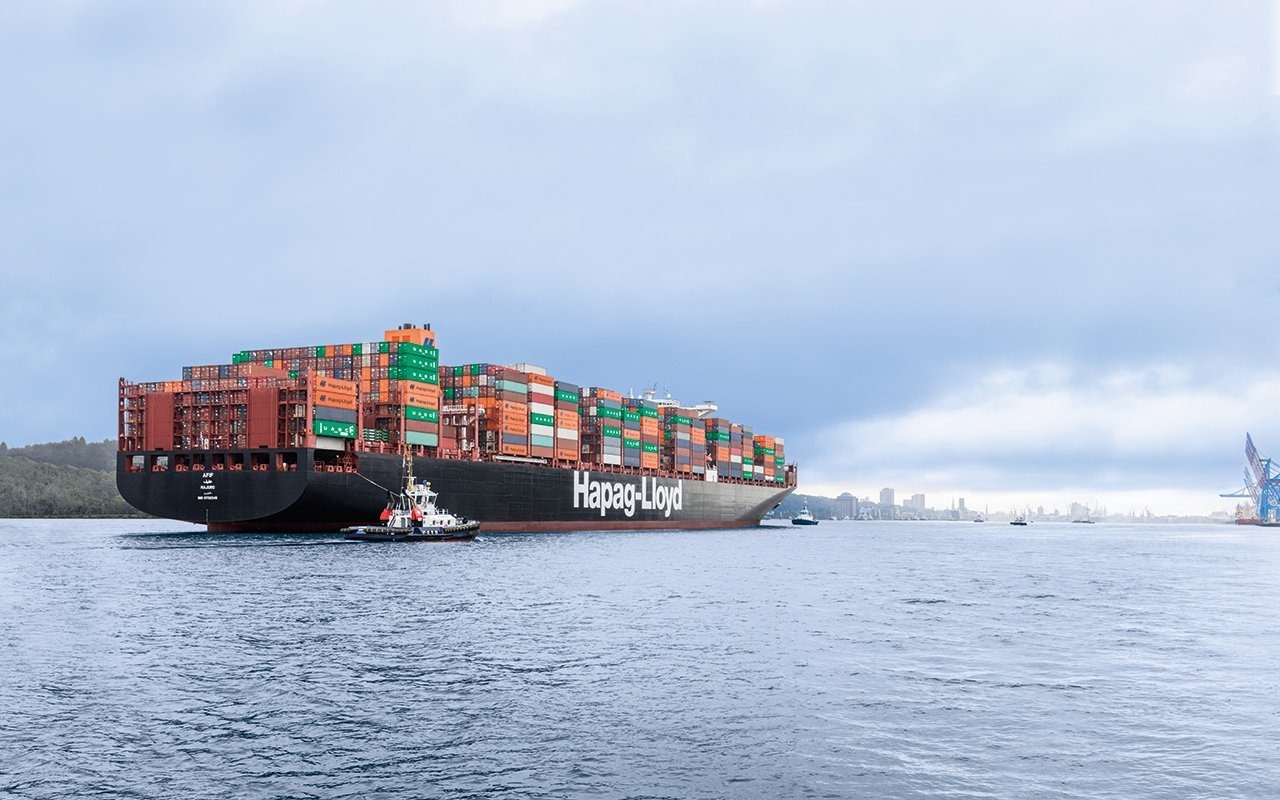
Protecting data from connected trucks and commercial vehicles so that it "does not escape the carriers": this was the theme of one of the conferences at the Solutrans trade fair in Lyon, where manufacturers and solution providers exchanged their views. Minutes.
When does data from connected vehicles get away from the control of road transport companies? It is difficult to answer this complex, sensitive and central question in a sector where digitalization is accelerating. "93% of carriers use computer data", pointed out Alexis Giret, Director of the CNR or Comité National Routier (National Trucking Committee), at the opening of a conference on data security that took place during the Solutrans trade fair on November 20th. "83% of carriers utilise the data concerning geolocation, but of the 11 "business" functions, it is less widely used for the traceability of goods (20%) and the tracking of empty runs (16%)", is Alexis Giret's conclusion based on the results of a March 2019 CNR survey on digital penetration rate in 2018 in road freight transport companies.
The director noted "a fragmentation of the software market", while 73% of data is managed by an integrated management solution, 66% of that is in real time, but only 33% of companies utilise EDI with shippers or suppliers, and mostly for purchase orders. On the freight exchange side, it is used by 94% of the companies, but only for 13% of their turnover. In this environment, the weight of new digital marketplaces still remains "marginal. But the study was conducted in 2018 and this market is evolving rapidly...", notes Alexis Giret.
Mastering the use of data
In this context, car manufacturers, which offer integrated digital solutions, have the reputation of their brand as a guarantee of safety. Philippe Quilliet, Sales Director Trucks & Fleetboard telematics at Mercedes-Benz Trucks France, claims they have "two levels of safety. The first is at the banking level, thanks to our subsidiary Mercedes Trucks Financement. We also guarantee that with our telematics services, certain data from customers, such as breakdown rates or risk rates, is only used within the Daimler group, without resale and solely for vehicle optimisation purposes".
In addition, on-board data, especially for use online without archiving, "does not present a hacking risk", according to the sales director. As for the data exchanged between the carrier and his shipper, "the carrier has 100% control over it", he adds. "We just provide an application, whose security we ensure".
More recently, connectivity on light vans "is the result of the economic democratization of telematics technology", explains Philippe Diviné, Renault's Director of Light Van Strategy. "Connectivity and, therefore, data protection in LCVs is complex. Data used, for example, for predictive maintenance, naturally belongs to the manufacturer. But we must also take into account connected services linked to a multitude of activities. These use vehicle geolocation data and utilize the information received on board the vehicle by a wide variety of business applications", specifies Philippe Diviné.
Partnerships via APIs
"We are entering a new era where it is a question of unifying thevehicle and telematics offers", adds Maxime Lamboley, head of Man Digital Services & RIO, which also offers bank level data security, in addition to the GDPR guarantee. Man has been equipping all its vehicles with Man Telematics boxes since 2012 and with RIO brand boxes since 2-3 years. "Our Euro 6 vehicles leave the factory already equipped with a connected box, with a Sim card that can send data," says Lamboley. “And it is important to know how data is being treated.”
The manufacturer offers its customers a portal to access data from RIO boxes, "to help them integrate data where they want it," Maxime Lamboley points out. “We are not in the business of inventing payroll software or dematerializing transport documents, but rather of creating partnerships that make life easier for carriers through API exchanges, for example. The invoicing of our services and training makes our approach clear: our customer remains our customer and his data is not goods, which is not the case for various Internet platforms, where everything is free".
Taking care of hosting
On the side of software publishers, the concern for data security is also very present. "Only vehicle manufacturers have the financial capacity necessary to achieve a banking level of security,” acknowledges Xavier Lebeau, President of Strada, which is involved in embedded computing (6,500 trucks equipped). “But security is progressing at all levels. With tools that operate a behavioral analysis of data through machine learning, we are now able to better secure feed and assess whether data is reliable".
Guillaume Perdu is on the same wavelength, the president of Ekolis, a company created six years ago to develop trailer connectivity, believes that "all data-transfer flows are extremely secure, because they mainly use GSM tools, as does the phone in your pocket"...
If the danger of hacking a telematics solution is, according to the publisher, "extremely low today, it is nevertheless necessary to take the hosting of transport data very seriously. We only host our data in France, with protocols that guarantee total security and free access for our carrier customers to their own information," emphasizes the manager.
With the same objective, Benoît Joncquez, president of Dashdoc, a company specializing in electronic consignment notes (e-CMR), has their servers located in Germany. "This is the location in Europe where the security standards for hosting are the highest."
For Joncquez, it is essential that the carrier considers where data is hosted. "He must also ensure, when signing a contract with a publisher, that he is the owner of the data. Because to secure them, you have to own them. And this data constitutes the carrier's business assets".

Upply News
Our latest articles
-
Subscriber 3 min 24/02/2026Lire l'article -
Hapag-Lloyd - Zim: a shipping deal with geostrategic implications
Lire l'article -
European road freight: the spot market is stalling
Lire l'article


